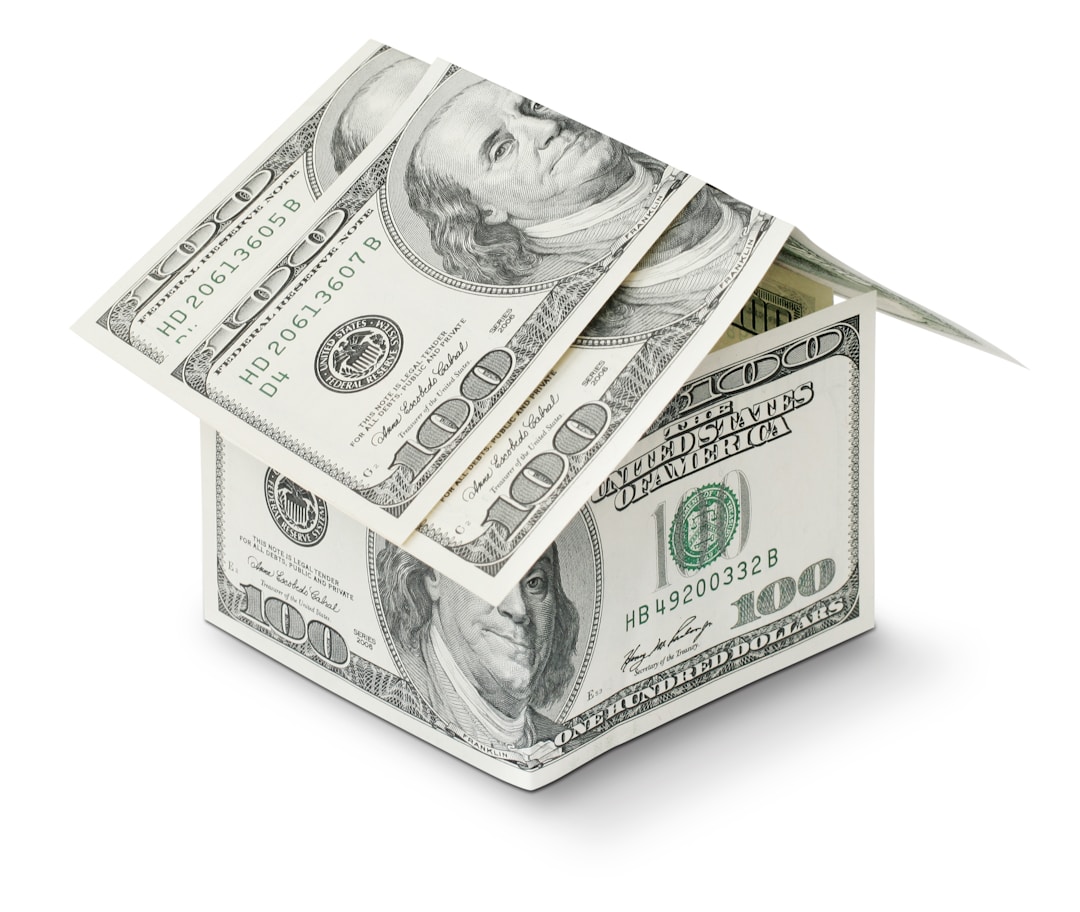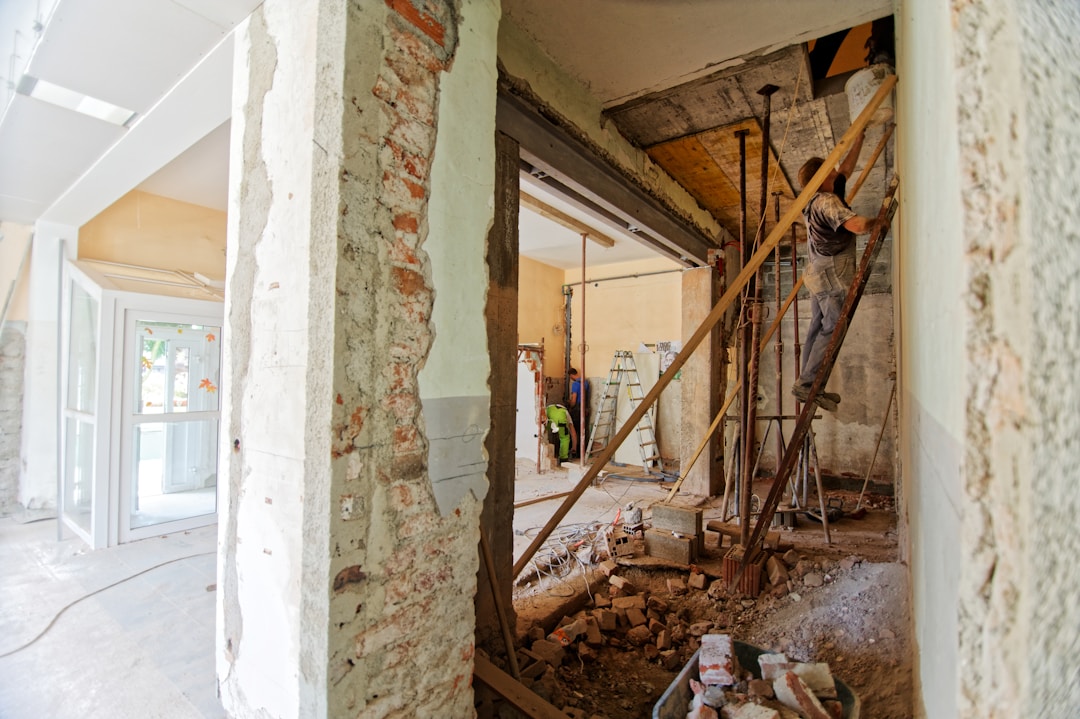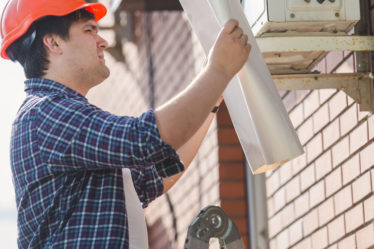
Flipping houses has become a go-to means of generating excellent profits within the world of real estate investing. Property traders approach the real estate space in this way just like a stock investor might consider day trading. Yet, the real estate commodity market is unique in its potency and investment pipeline. Perhaps flipping a house will require a bathroom remodel in Clearwater and replacing the bathtub with a shower. Or it could involve switching out old appliances for the latest models. Either way, there are a few things you need to know about flipping a home.
For those who are thinking of investing in property, this guide can act as a great first step in the right direction. Continue reading to learn more about the art of property investing and this particular subsection of the asset class that offers unique opportunities for profit generation.
Flipping homes starts with the initial purchase price.

In order to find success in the house flipping space, it’s crucial to begin at the source. In any commodity market, profits are derived from buying low and selling high (indeed, this core principle has sparked a common-sense, yet surprisingly nuanced investment strategy). Of course, this is often easier said than done. In the property market, finding a home that can turn a profit is all about tapping into the research products and knowledge base that every successful investor has to leverage for themselves.
Getting a great deal on your investment properties requires hours of background research, knowledge-building, and other strategies. This research will propel your investments into long-term profitability faster than any other method of approaching the investment world in the flipping space or any other. Research is the foundation of any good investment opportunity, and the financials of the property market are no different.
It’s no wonder then that a key indicator of success in this arena lies in the lender that you partner with as you approach any new purchase. A private money lender in Boise is a great option for investors thinking of buying into this thriving marketplace. In addition to low purchase pricing, it’s essential to lock in great rates on your mortgage loan or any other type of personal loan product that you’ll leverage to make the purchase. These costs must be factored into the ongoing profit margin calculation, and with a private lender, you can often count on some of the industry’s best rates and repayment terms. This is because private lenders are built for the needs of a real estate investor. The traditional financial institution (your bank, for instance) is often geared solely to assist homebuyers who are seeking a new property to move into on their own. With a flexible investment product from a private lender, you can often expect to accomplish better results on each new investment property.
Buying an old home comes with hidden costs that must be evaluated.

As well as the closing costs, additional action items can change the landscape of your profit margin in a hurry. Many homes require extensive remodeling in order to hit the market again, but with a substantial markup. Purchasing a home in foreclosure or at a great bargain means that you’re likely sacrificing some key elements of properties that typically raise the value.
Speaking with a contractor about remodeling is a great way to reimagine the space of the property and boost the resale value by a huge margin. Showers, tubs, bath tiles, and vanity areas offer essential insight into the overall state of the property, and buyers take notice of small details like the freshness of the grout, tiling choices, and vanity selection. With a remodeling specialist that can help you with your bathroom remodel at a great price, locking in new value without sacrificing expanded capital is simple.
Consider these essential pieces of information as you vie for an old home that can net you great profits with the right investment strategy.



